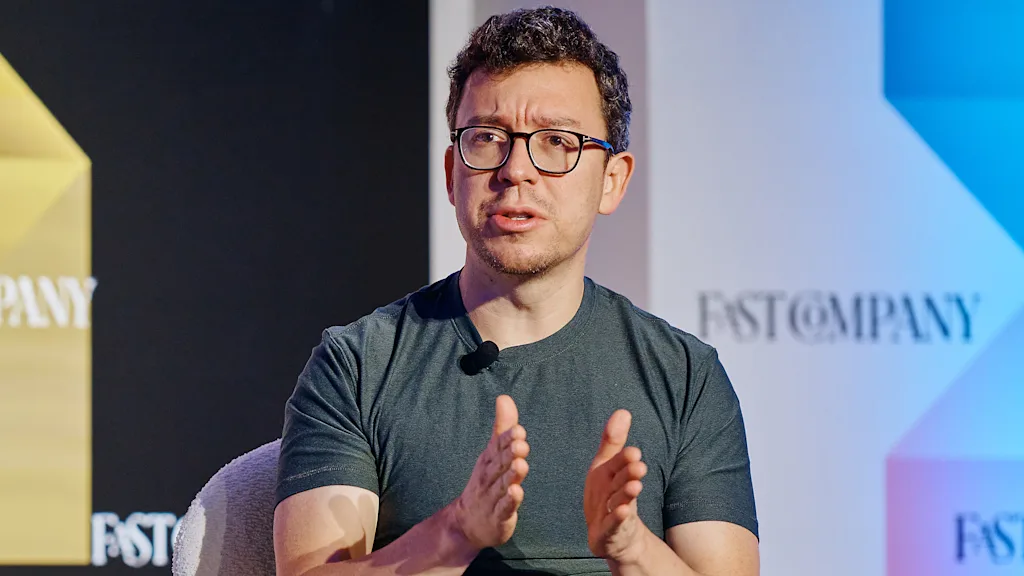
"At a recent Apple event, the tech giant unveiled that Airpods will now be able to offer live translation abilities, powered by AI. Shares of Duolingo, the language-learning company, dropped nearly 3% that afternoon in response. (Google also added a similar feature to its Google Translate app in August.) But Luis von Ahn, Duolingo's cofounder and CEO, isn't really worried that real-time translation will be a threat to his business."
""About 10 years ago, Google did their event, Google IO, and demoed live translation . . . Nine years ago, they did an event again, and what they demoed was live translation. Eight years ago, they did an event, and demoed live translation," von Ahn said on Tuesday, speaking at the Fast Company Innovation Festival in New York. These announcements have been happening since Duolingo has been a public company, and its stock will dip, he said, and then bounce back."
"The app's users generally fall into two big buckets, he noted, the first being the those who are learning English. "They actually want to learn English," he said. "Phone translation is just not going to do it for them." The other big bucket are people who use Duolingo to learn a language as a hobby. "Just like chess," von Ahn said. "And computers have been better at playing chess than humans since 1997."
Apple introduced live translation for Airpods, and Duolingo shares dipped nearly 3% after the announcement. Similar translation features already exist from other tech companies such as Google. Duolingo's CEO views repeated live-translation demos as recurring events that briefly affect stock but do not threaten the business long term. Duolingo users fall into two main groups: people who want to learn English and hobbyist learners. Many learners seek active study rather than device translation. Duolingo is adopting AI internally and previously announced an "AI-first" direction, a move that prompted public backlash over potential workforce impacts.
Read at Fast Company
Unable to calculate read time
Collection
[
|
...
]